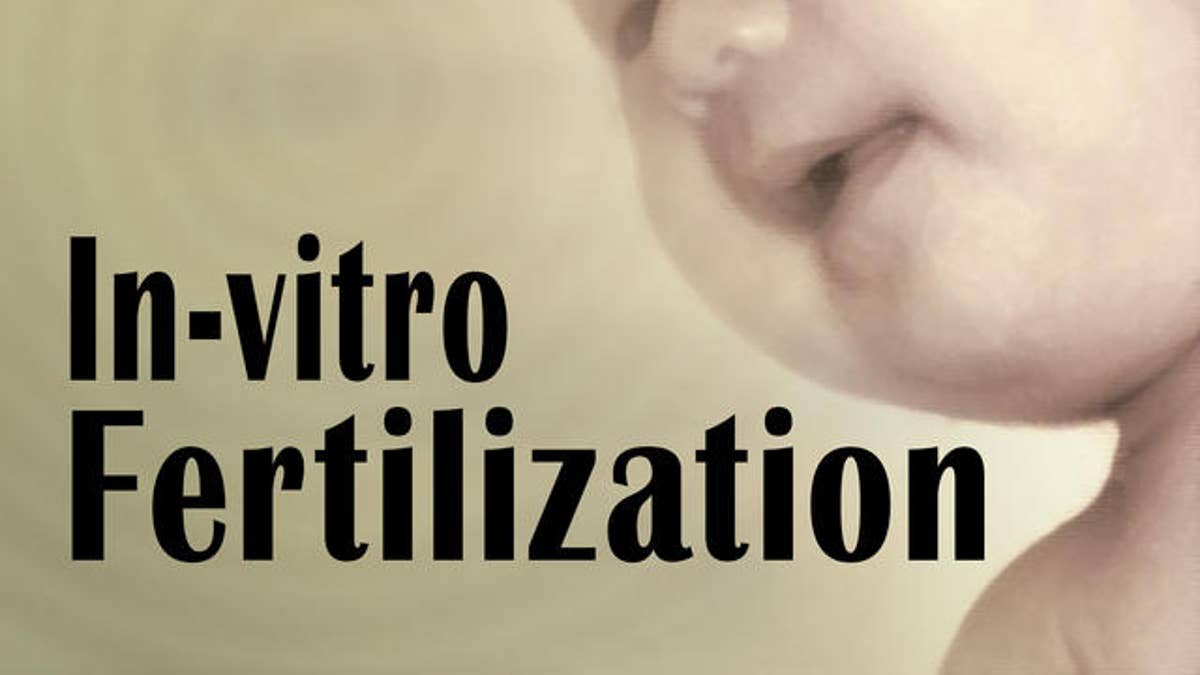
Brynn Beeler, an 8-year-old who was born through in-vitro fertilization two years after her father died, is not entitled to his Social Security benefits, a federal appeals court ruled this week. (AP)
An 8-year-old girl born two years after her father died is not entitled to his Social Security benefits, a federal appeals court ruled this week, reversing a lower court's decision in a case that could be headed to the U.S. Supreme Court.
Brynn Beeler was born through in-vitro fertilization using sperm from Patti Beeler's late husband, Bruce, who died of leukemia at age 37.
Beeler filed for Social Security survivor benefits for her daughter shortly after Brynn's birth in April 2003. But the federal government said Brynn did not qualify for the benefits based upon its interpretation of an Iowa law written before technology was available to allow genetic material to be preserved.
Beeler challenged the government's decision, and a federal judge ruled in 2009 that Brynn could receive the benefits that would have meant more than $150,000 could be stashed away for her college education.
But the 8th Circuit U.S. Court of Appeals ruled Monday that the federal government's interpretation of the law is "reasonable" and that the law does not entitle Brynn to benefits.
That Iowa law, which was changed this year, allowed inheritance rights for heirs who are "begotten before the intestate's death but born thereafter." It didn't cover children conceived after a biological parent's death.
"The death of Bruce Beeler at a relatively young age before he and Pattie Beeler could conceive children is profoundly sad," the court wrote in its opinion. "But whether the granting of child's insurance benefits" to Brynn "would further the purposes of the Social Security Act is debatable."
The court noted that the purpose of the Social Security Act is to help children who lost support after the unexpected death of a parent.
After getting married in 2001, Bruce Beeler was diagnosed with leukemia that required chemotherapy. He banked his sperm before beginning the treatments because chemotherapy can cause sterility.
Beeler's case led Iowa to change its law this year to allow children conceived up to two years after a parent dies to receive inheritance rights and Social Security benefits. But the law isn't retroactive so it doesn't apply to the Beeler case.
The use of assisted reproductive technology is growing even though it accounts for only 1 percent of all births in the U.S.
In 2009, the latest year statistics are available, 60,190 babies were born using assisted reproductive technology -- double the amount from a decade ago, according to the U.S. Centers for Disease Control and Prevention.
Iowa became the 12th state to recognize the biological relationships of children conceived posthumously. The others are California, Colorado, Delaware, Florida, Louisiana, North Dakota, Texas, Utah, Virginia, Washington and Wyoming.
Other states grant inheritance rights to children born after one parent dies only if conceived naturally. And although the Social Security Administration oversees the benefits, it defers to states when determining parentage and children's inheritance rights.




